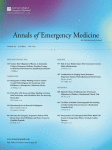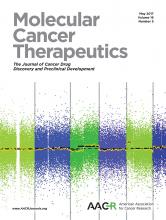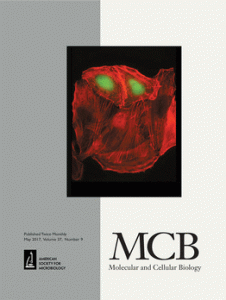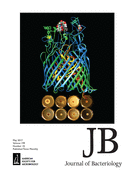 A journal has temporarily removed a paper showing the dramatic differences in the cost of providing emergency care that caught national attention (and some criticism from emergency care providers), despite the first author’s claims that the results are valid.
A journal has temporarily removed a paper showing the dramatic differences in the cost of providing emergency care that caught national attention (and some criticism from emergency care providers), despite the first author’s claims that the results are valid.
The paper, published online in February by the Annals of Emergency Medicine, showed that it can cost significantly more for patients to be treated at emergency departments than at urgent care centers, even for the same conditions. Soon after the paper was published, first author Vivian Ho at Rice University was told by the American College of Emergency Physicians, which publishes the journal, that there were some errors in the appendix, and they wanted to reanalyze the entire paper.
Ho told us:
Continue reading Despite author’s protest, journal removes paper on emergency department prices
 The former vice chancellor for research at the University of California, Los Angeles, has
The former vice chancellor for research at the University of California, Los Angeles, has  For the second time, a journal has quickly retracted a study that suggested vaccines raise the risk of autism and other neurodevelopmental disorders.
For the second time, a journal has quickly retracted a study that suggested vaccines raise the risk of autism and other neurodevelopmental disorders.
 A diabetes researcher who once sued a publisher to prevent several retractions has just issued his 12th.
A diabetes researcher who once sued a publisher to prevent several retractions has just issued his 12th.


